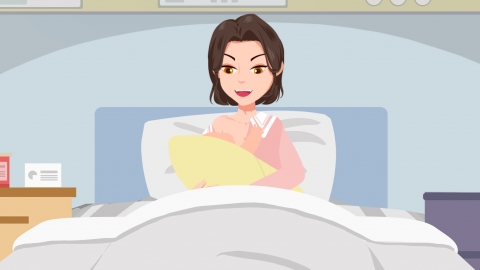Can a cold during lactation resolve on its own?
Generally, a cold during lactation cannot resolve on its own and requires active treatment to avoid adverse effects on the health of both mother and baby. The specific analysis is as follows:

Due to physical weakness and reduced immunity, women who are breastfeeding are more susceptible to viral or bacterial infections. At this time, breastfeeding is important for the baby's health, and a cold may prevent the mother from providing sufficient nutrition and immune protection, thus affecting the baby's growth and development. If left untreated, cold symptoms in breastfeeding women may persist and worsen, potentially leading to complications such as high fever and worsening cough.
A cold may increase the mother's nutritional needs and immune activity, which could affect the quality and quantity of breast milk, thereby adversely affecting the baby's health. Under a doctor's guidance, medications with minimal impact on breast milk can be selected, such as the traditional Chinese medicines Banlangen Granules or Xiaochaihu Granules. During medication, breastfeeding should be temporarily suspended, and resumed after the drug has been metabolized.
In daily life, increasing water intake can promote metabolism and help the body eliminate toxins. Choose light, easily digestible, and nutrient-rich foods, such as fresh vegetables and fruits. When in contact with the baby, wear a mask to reduce the risk of transmitting the virus via droplets to the baby.








